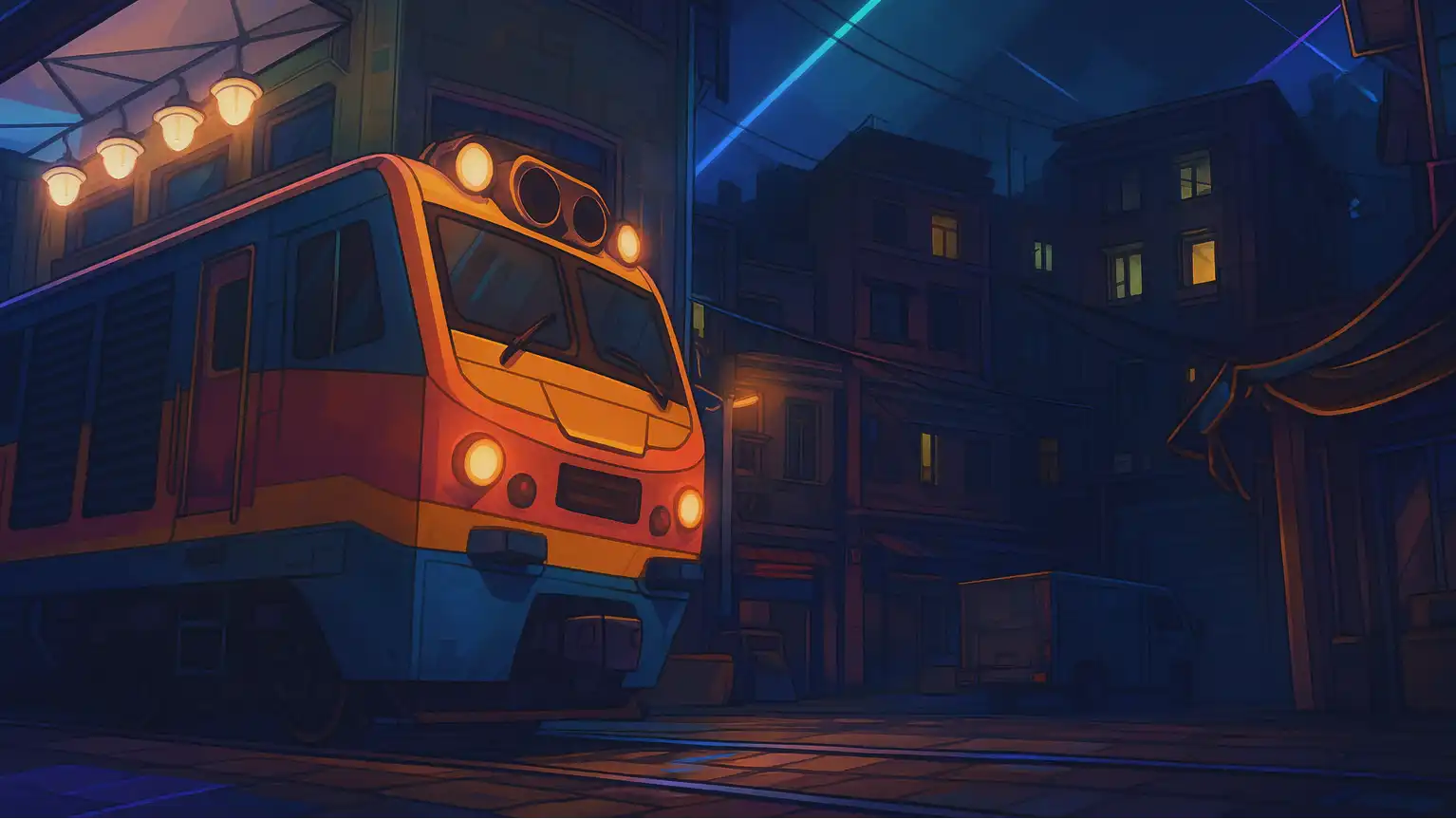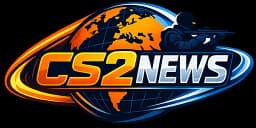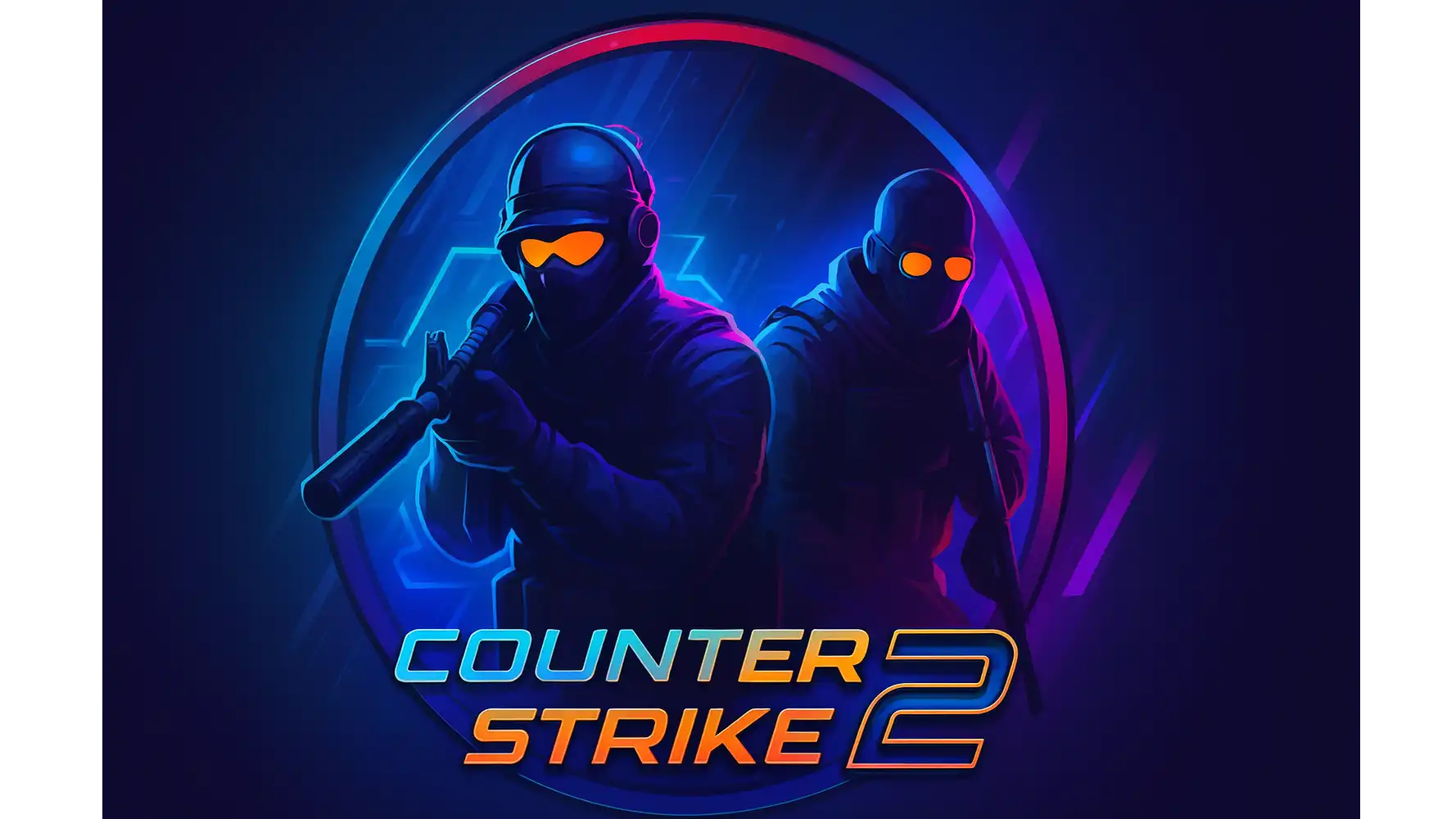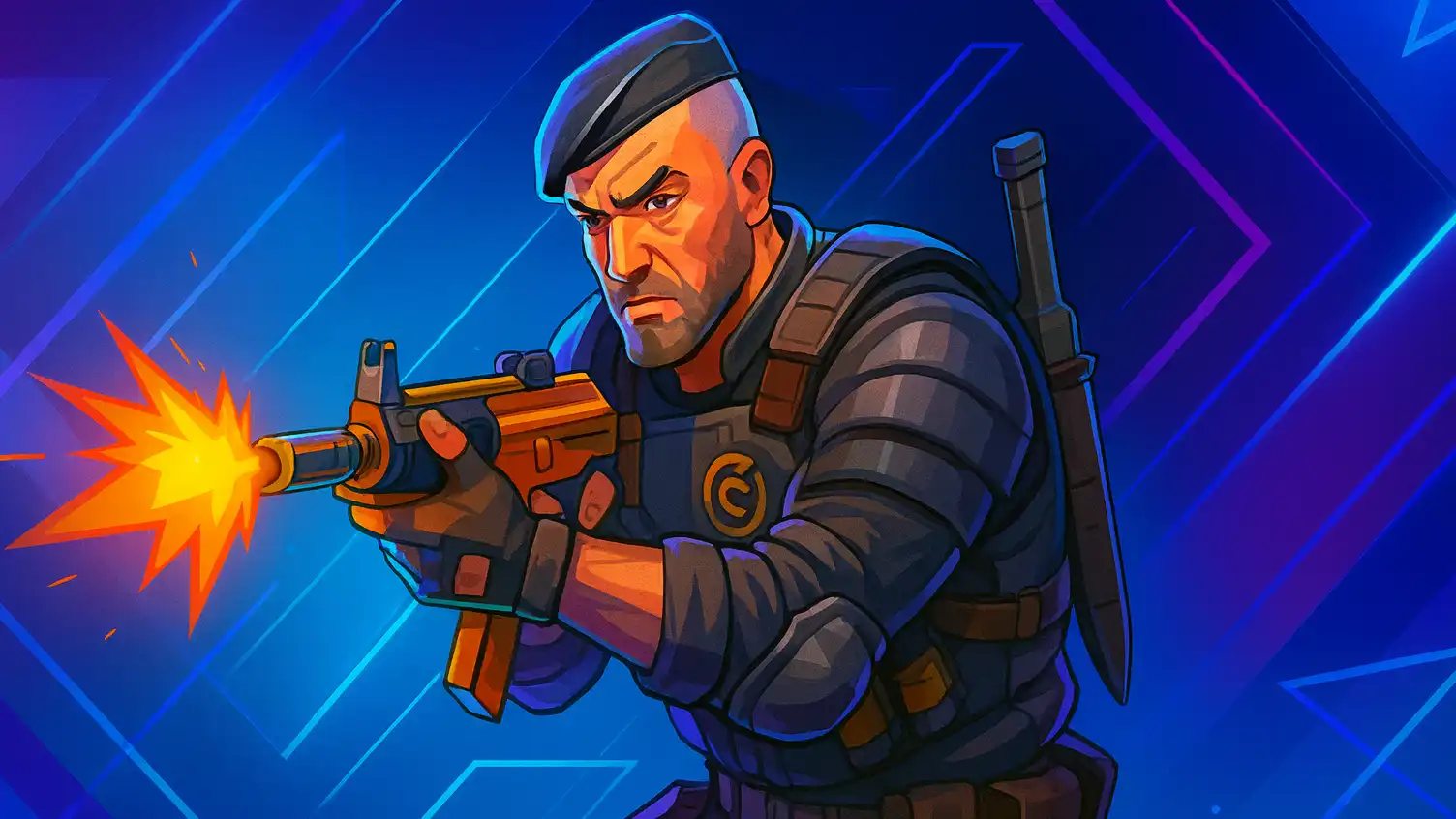Valve pulls community map “Transit” from CS2 matchmaking two days after release amid slur-in-files and possible IP violations

Valve pulls community map “Transit” from CS2 matchmaking two days after release amid slur-in-files and possible IP violations
Valve has removed the community-made Wingman map Transit from official Counter-Strike 2 matchmaking just two days after adding it, following the discovery of an offensive term buried in the map’s entity names and additional concerns over copyrighted material and promotional references. Multiple outlets and community trackers confirm the short timeline and the reasons cited by players and the map’s co-author.
What happened
Transit shipped to CS2 on October 1–2, 2025 alongside other community picks (Golden, Palacio, Rooftop), but was withdrawn on October 3 after players surfaced files showing a “gamer word” (a racial slur) used as an internal identifier. Reporters also highlighted potential copyright issues—notably a skyline building resembling Phineas & Ferb’s “Doofenshmirtz Evil Inc.”—as well as other embedded content that raised red flags.
What was found
Coverage and community archives outlined three separate problem areas:
-
Offensive language in entity data. The slur appeared deep in the map files as an internal name. One of the makers, Maxim “Rikuda”, publicly accepted responsibility and apologized, calling it a leftover from a meme that should have been removed before submission.
-
Copyright-sensitive imagery. Players pointed to a skyline element strongly resembling “Doofenshmirtz Evil Inc.”; other reports mentioned assets and Easter-egg references that could trip copyright, including nods to Stray.
-
Questionable promotional/crypto references. Write-ups noted embedded allusions to crypto schemes (e.g., MMM, FPIBank) and other branding-style callouts that do not belong in official matchmaking content.
Although Valve did not publish a dedicated post solely for Transit, the removal is reflected across news roundups and community update threads that track game file changes and map rotations in real time.
Developer response
In statements shared on social channels and mirrored by esports outlets, Rikuda said the internal slur was an “unfortunate mistake,” accepted the blame, and apologized for the oversight. He described the string as a remnant that persisted into the release build—an explanation consistent with what data miners and community moderators surfaced.
Why this matters
Bringing community maps into official queues is a core part of CS2’s ecosystem, but it outsources risk: anything missed by creators or vetting can reach millions of players overnight. The Transit episode is one of the fastest reversals of a featured map in recent memory and reignites debate about quality assurance for third-party content promoted to official matchmaking. It also shows how problems can appear below the visual layer (e.g., entity names) and still trigger removal.
For competitive and creators’ ecosystems alike, there are practical consequences:
-
Competitive prep & data: Even short stints in matchmaking generate demos and habits; sudden removal disrupts practice plans and invalidates early prep on a new Wingman layout.
-
Map-maker trust: After years of pushing workshop talent to the forefront, incidents like this may prompt tighter pre-publication checks, clearer submission rules, and stricter audits for IP/brand references. Community threads already show concern that one high-profile mistake could harden the pipeline for everyone.
The timeline at a glance
-
Oct 1–2: Transit added to CS2 official matchmaking as part of a community map batch.
-
Oct 3: Valve removes Transit following reports of an internal slur and potential copyright problems; other three maps remain.
-
Oct 4–6: Follow-up articles compile developer apologies and additional details (copyrighted imagery, crypto references).
What to watch next
-
ESG/Legal vetting: Expect clearer do’s and don’ts for community submissions (explicit bans on offensive strings anywhere in source files, stricter checks for copyrighted/trademarked imagery and stealth ads).
-
Workshop pipeline changes: Valve could formalize a pre-merge audit or extend curation time before maps enter official queues, balancing creator agility with brand safety. (This is an inference based on past Valve responses to similar issues in other titles.)
-
Re-submission path: If offending elements are removed and IP concerns resolved, community maps sometimes return after fixes; there’s no public commitment yet for Transit.
Bottom line: Transit was fast-tracked into CS2 and even faster out. Between an offensive internal string, likely IP conflicts, and questionable references, the case is a cautionary tale for workshop creators—and a signal that Valve will yank content from official matchmaking when it puts the game’s standards at risk.





